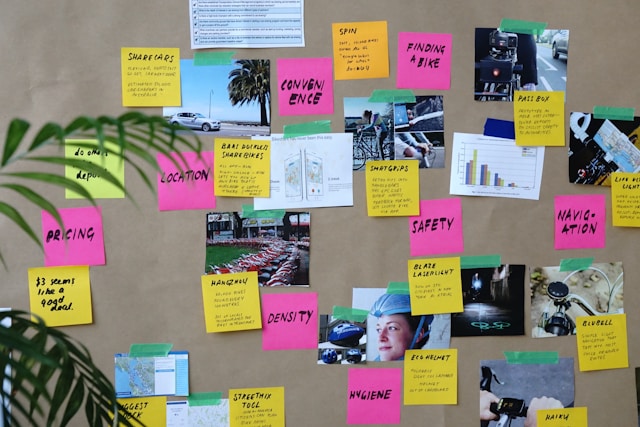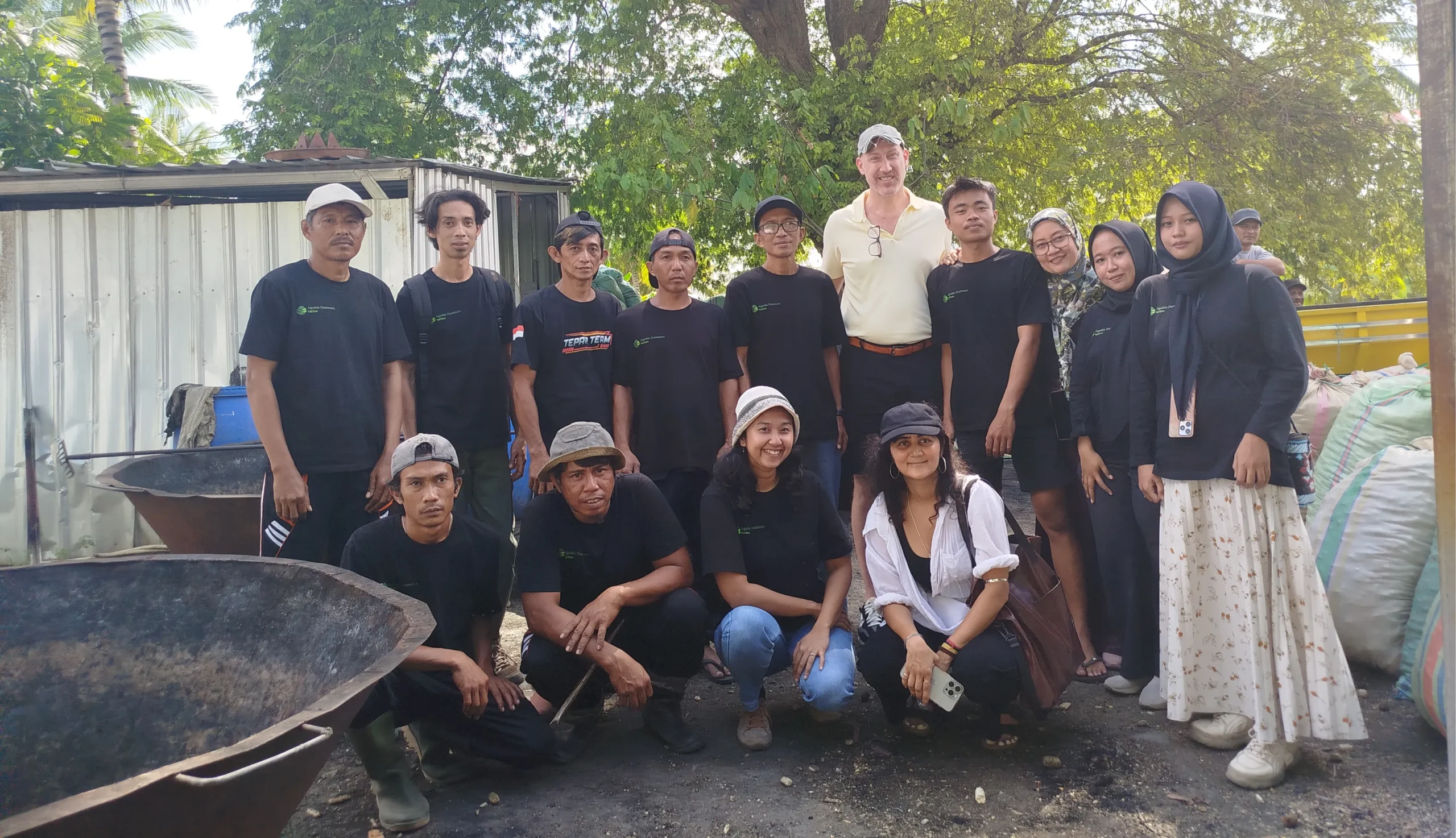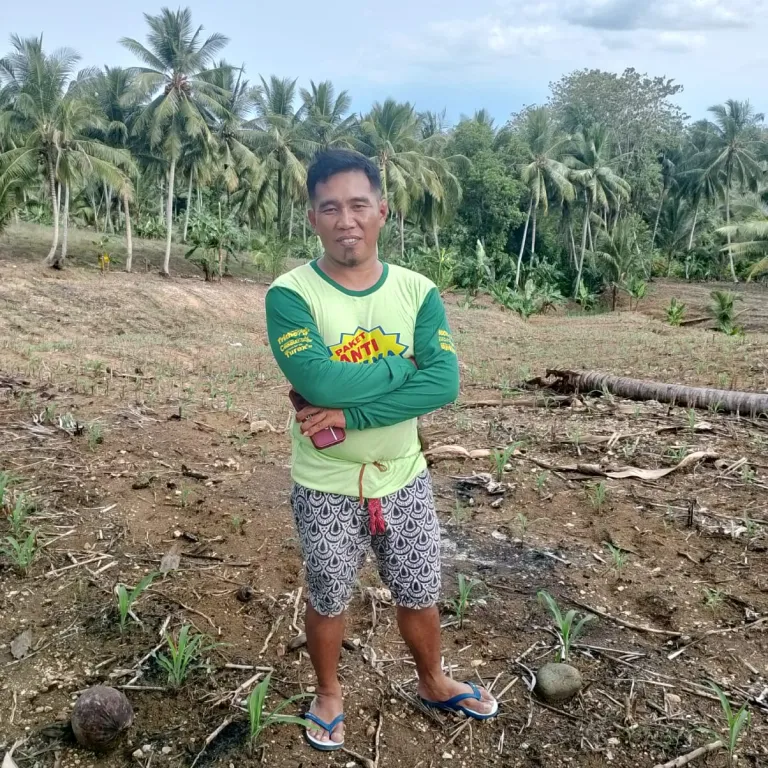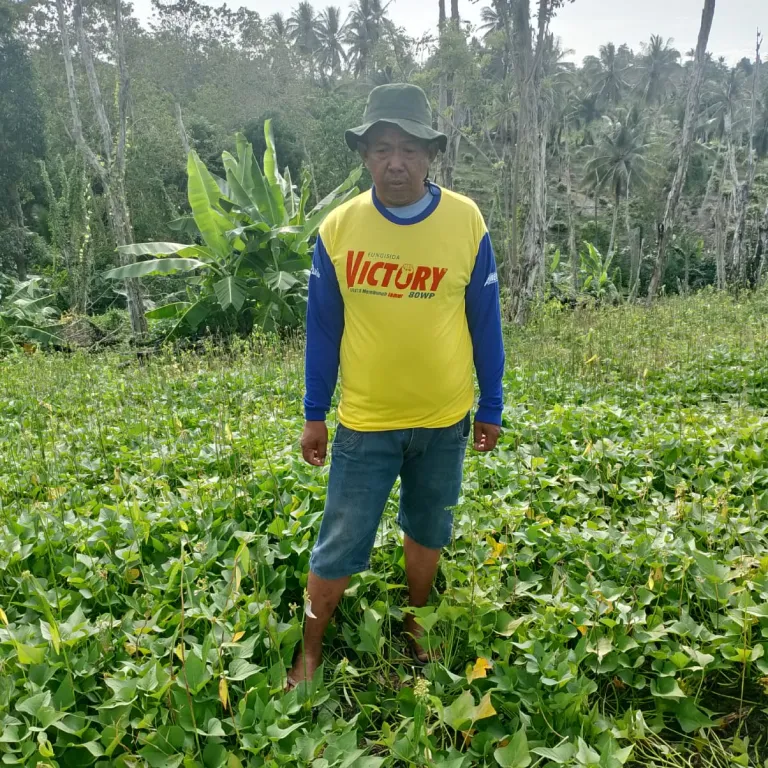Adakarbon is dedicated to creating sustainable environmental solutions through biochar and reforestation. Collaborating with farmers, academics, and communities, we strive to build a greener and more productive future.
Yayasan Agathis Dammara Karbon (Adakarbon) is a non-profit foundation committed to fostering sustainable environmental solutions through carbon sequestration (biochar) and reforestation initiatives.
Adakarbon works closely with farmers to harness local knowledge and available resources. By working closely with academic institutions, we help bridge the gap between theory and practice. These partnerships foster a deeper understanding of the importance of sustainability.
These figures represent the tangible achievements we’ve made in fostering sustainability and empowering communities.

Want to collaborate? Reach out to us and start a sustainable partnership.
Adakarbon implements key programs to create positive impact through Research and Development, Community and Environmental Services, and Center of Innovations, all aimed at enhancing environmental sustainability and empowering communities.

We are dedicated to exploring and optimizing biochar practices tailored to diverse environmental and agricultural conditions

Collaboration with local communities lies at the heart of our mission. We work hand-in-hand with farmers, providing training programs, technical assistance, and ongoing support to empower them

Adakarbon provides customized feasibility studies for biochar projects, covering market analysis, technical evaluation, economic modeling, environmental impact, and regulatory review.

We are proud to serve as a hub for pioneering research, technology development, and knowledge exchange in biochar and sustainable agriculture.
Hear stories and experiences from those who have benefited from our programs and initiatives.
Sebelum memakai Biochar kondisi tanah sangat kering karena ketersediaan air yang kurang, sehingga hasil panen menjadi tidak maksimal, namun setelah menggunakan biochar sebagai pupuk dasar, kualitas tanah menjadi lebih gembur dan mudah diolah. Selain itu penggunaan pupuk kimia menjadi lebih hemat dan hasil panen tetap maksimal.

Saya merasakan manfaat besar dari penggunaan Biochar karena sangat mampu meningkatkan kualitas tanah dan mengurangi penggunaan pupuk kimia hingga 50%. Semoga di masa depan adanya perbaikan untuk proses pencacahan yang lebih efisien dengan kapasitas besar.

Have questions, ideas, or want to collaborate? We're here to listen. Feel free to reach out to us through the form below or use our contact details to connect directly. Let's create sustainable change together!
Yayasan Agathis Dammara Karbon (Adakarbon) is a non-profit foundation committed to fostering sustainable environmental solutions through carbon sequestration (biochar) and reforestation initiatives.
© 2025 Yayasan Agathis Dammara Karbon. All rights reserved.